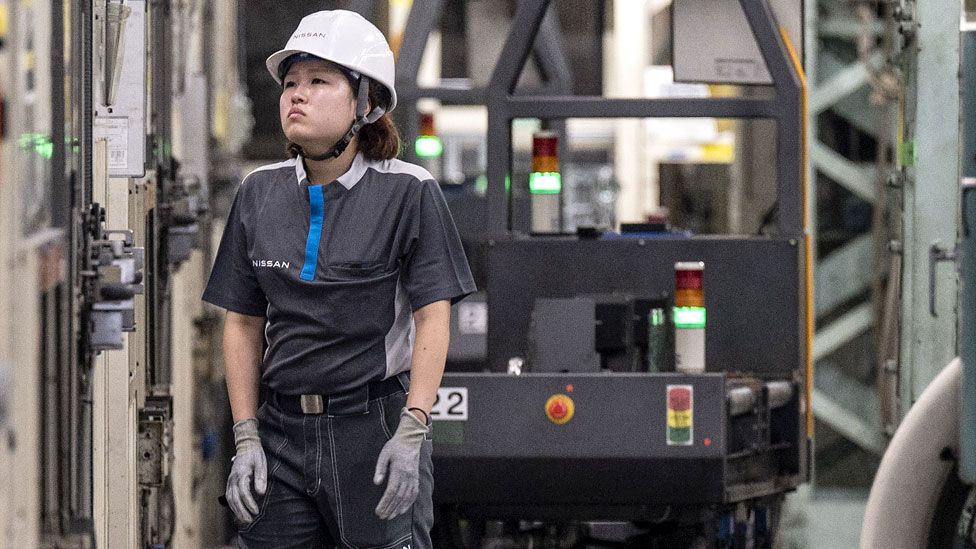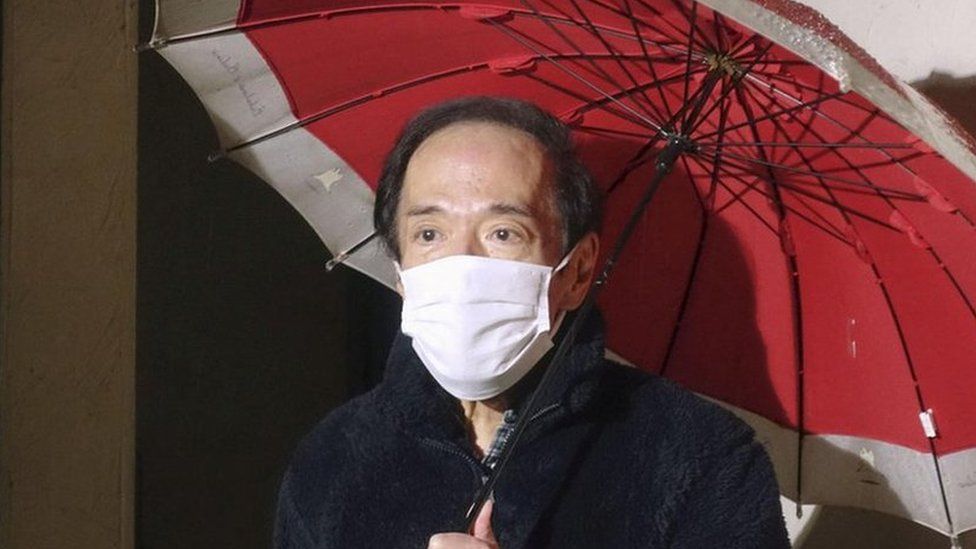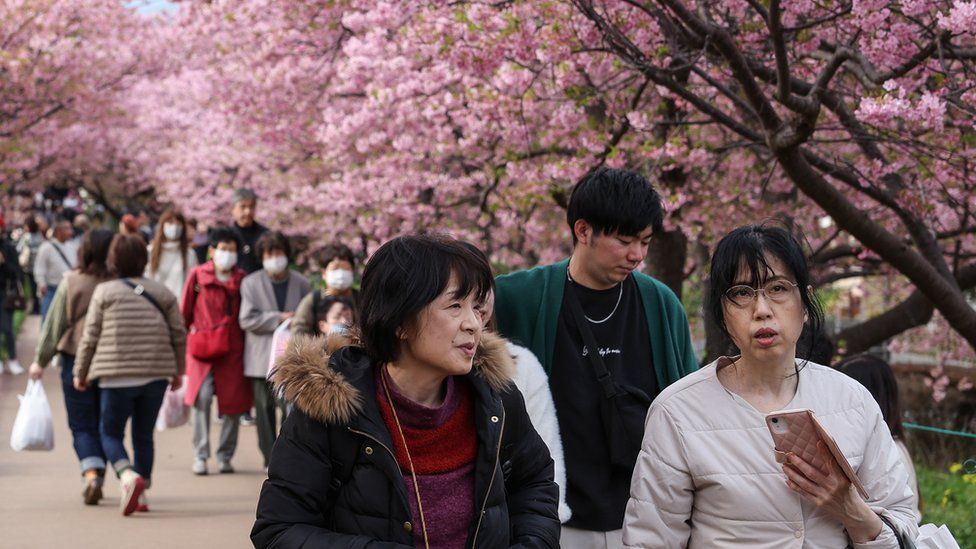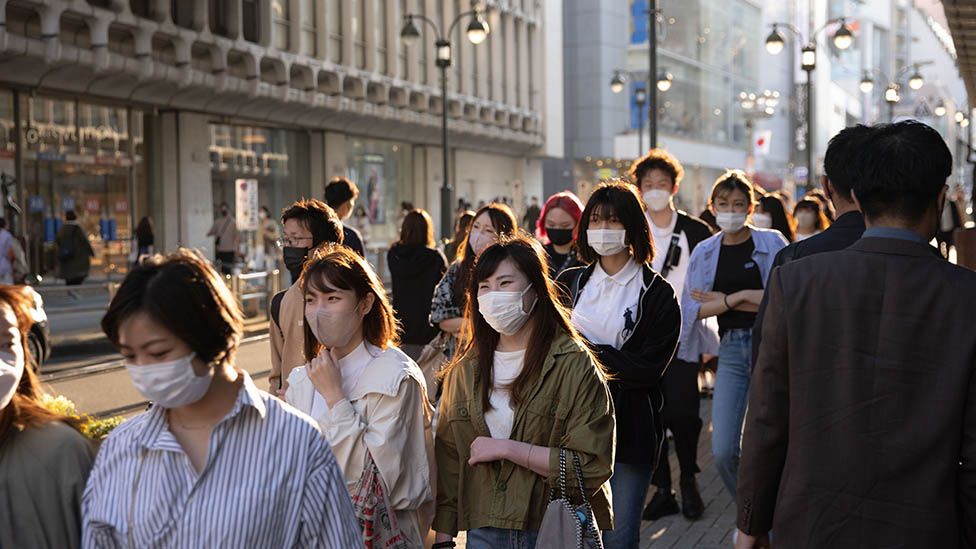
Japan’s central bank has raised the cost of borrowing for the first time in 17 years.
The Bank of the Japan (BOJ) increased its key interest rate from -0.1% to a range of 0%-0.1%. It comes as wages have jumped after consumer prices rose.
In 2016, the bank cut the rate below zero in an attempt to stimulate the country’s stagnating economy.
The hike means that there are no longer any countries left with negative interest rates.
The BOJ also abandoned a policy known as yield curve control (YCC), which saw it buying Japanese government bonds to control interest rates.
YCC policy has been in place since 2016 but has been criticised for distorting markets by keeping long-term interest rates from rising.
In a statement announcing the decision, the BOJ said it will keep buying “broadly the same amount” of government bonds as before and ramp up purchases in case yields rise rapidly.
Expectations that the BOJ would finally raise rates had been growing since governor Kazuo Ueda took office in April last year.
The latest official figures showed that even though the rate of price rises has been slowing, Japan’s core consumer inflation held at the bank’s 2% target in January.
The decision to finally hike rates hinged on the country’s major corporations increasing wages for their workers to help them cope with the rising cost of living, Nobuko Kobayashi from consulting firm EY-Parthenon told the BBC.
Earlier this month, Japan’s biggest companies agreed to raise salaries by 5.28% – the biggest wage hike in more than three decades.
Wages in the country had flatlined since the late 1990s as consumer prices rose very slowly or even fell.
But the return of inflation could be both good and bad news for the economy, Ms Kobayashi says.
“Good, if Japan can stimulate productivity and domestic demand. Bad, if inflation stays externally-driven by things like war and supply chain disruptions.”
In February, Japan’s main stock index the Nikkei 225 hit an all-time closing high, surpassing the previous record set 34 years ago.
This month, the country had avoided falling into a technical recession after its official economic growth figures were revised.
The revised data showed gross domestic product (GDP) was 0.4% higher in the last three months of 2023 compared to a year earlier.
During the pandemic, central banks around the world slashed interest rates as they attempted to counteract the negative impact of border closures and lockdowns.
At the time some countries, including Switzerland and Denmark, as well as the European Central Bank, introduced negative interest rates.
Since then central banks around the world, like the US Federal Reserve and the Bank of England, have been aggressively raising interest rates to curb soaring prices.
Related Topics
-
-
15 August 2023

-
-
-
14 February 2023

-
Source: bbc.co.uk




